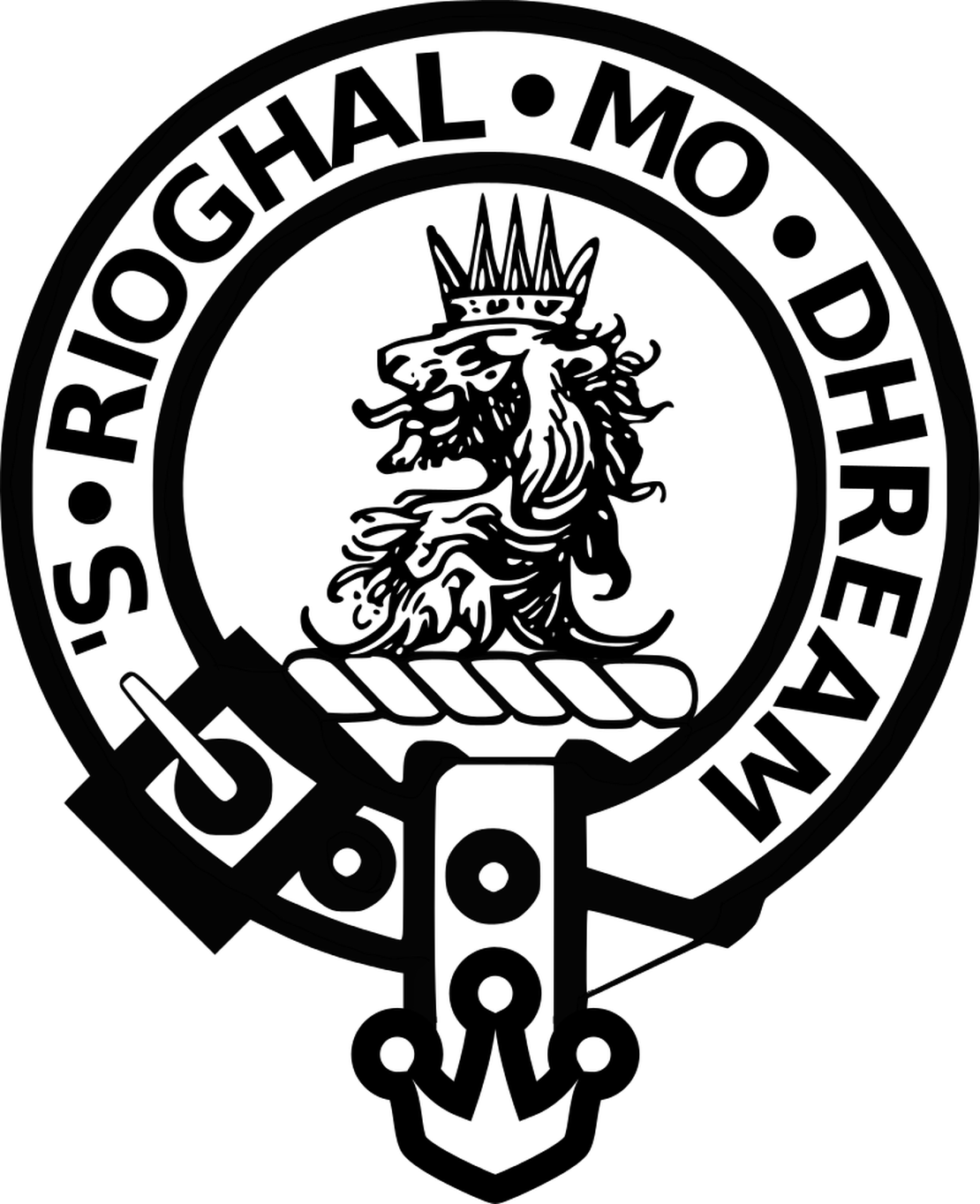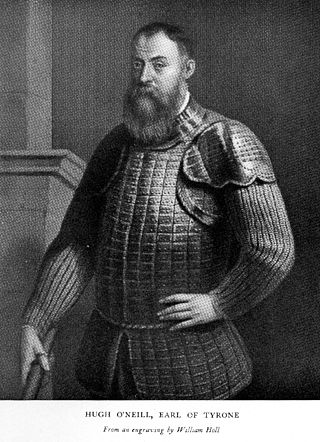- April 3, 1603
The Clan Gregor is a Highland Scottish clan. Of all the clans of Rannoch, the MacGregors were the fiercest and the most feared. The Macgregors were known to be a powerful clan, holding lands in Perthshire and Argyllshire, namely Glenstrae, Glenlochy, Glenlyon and Glengyle. Outlawed for nearly two hundred years after losing their lands in a long power struggle with the Clan Campbell, the Clan Gregor extravagantly claims descent from Kenneth MacAlpin, the first King of Scotland, a descent which is proclaimed in the motto, S Rioghal Mo Dhream, translated as Royal is my Race. Although the MacGregors insist that they take their name from Gregor, a son of the Scottish king Kenneth MacAlplin, there is no evidence to support this claim.
The MacGregors suffered a reversal of fortune when the Scottish king, Robert the Bruce, awarded the bulk of their lands to the Clan Cambell. The MacGregors fought the Campbells for decades and were eventually dispossessed of all their lands. Reduced to the status of outlaws, they rustled cattle and poached deer to survive. They were formally banished in 1603 by King James VI who made it a capital offence to bear the MacGregor name. From this period comes the Clan MacGregors most famous historical figure, Rob Roy. Persecution of the MacGregors ended in 1774.
The dispossessed MacGregors rustled cattle and poached deer to survive. When John Drummond, the king’s forester, was murdered after hanging some MacGregors for poaching, the chief of the Clan MacGregor was condemned by the Privy Council. In April 1603, King James VI issued an edict proclaiming the name of MacGregor ‘altogidder abolisheed’, meaning that those who bore the name must renounce it or suffer death.
Macgregor, along with eleven of his chieftains, was hanged at Edinburgh’s Mercat Cross in January 1604. Clan Gregor was scattered, many taking other names, such as Murray or Grant. They were hunted like animals, flushed out of the heather by bloodhounds. Persecution of the MacGregors continued until 1774 when they were permitted to be reestablished.

 ← Hugh O'Neill, the Earl of Tyrone, submits to Lord Mountjoy at Mellifont
← Hugh O'Neill, the Earl of Tyrone, submits to Lord Mountjoy at Mellifont
 King James VI leaves Edinburgh to travel to London. →
King James VI leaves Edinburgh to travel to London. →